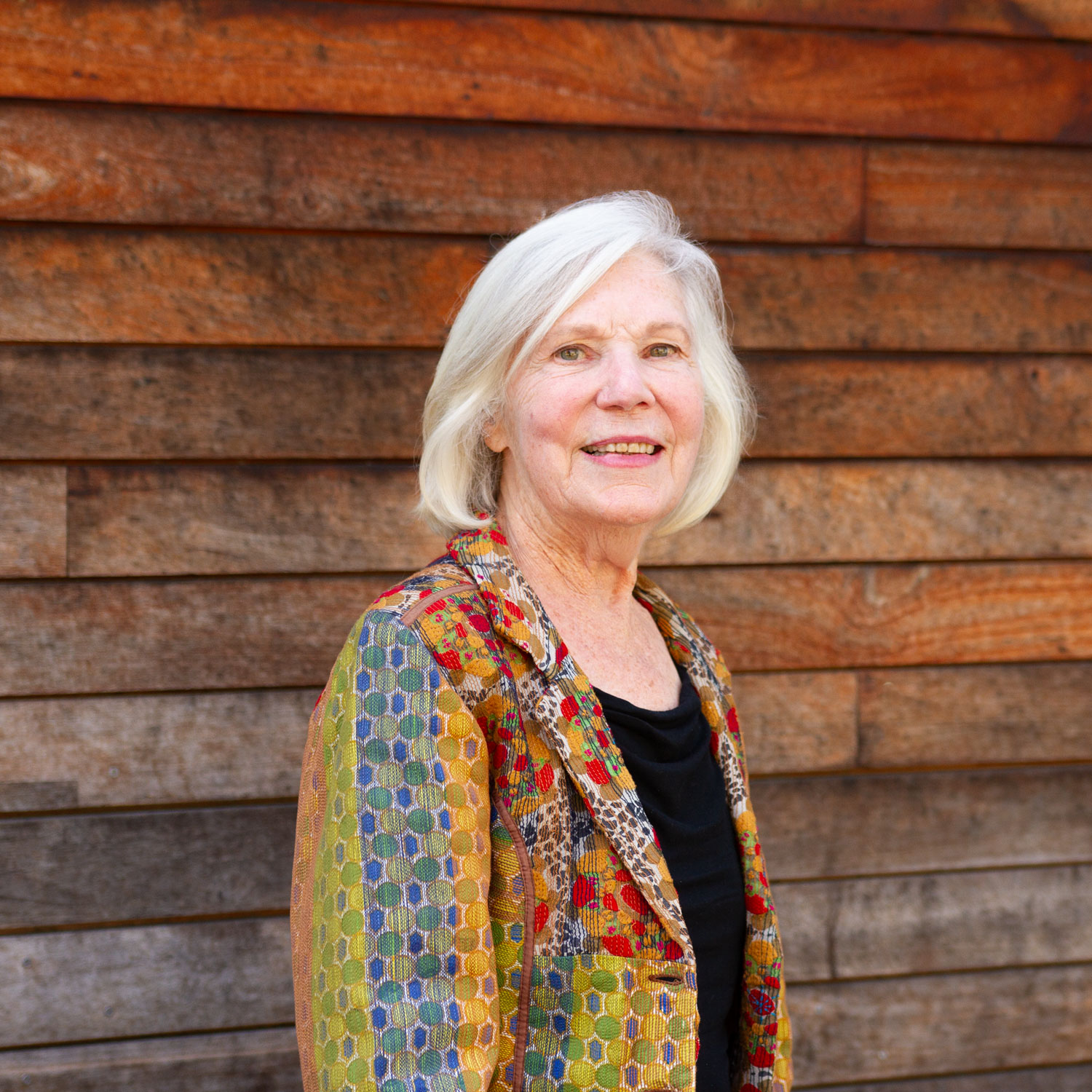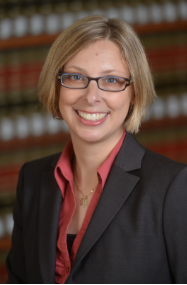Polluter Pays Climate Superfund Economics and Legalities 101 with Clair Brown and Maya Golden-Krasner: Join us for an hour of learning to strengthen our advocacy - Monday, June 2, 12:30-1:30p
Please join us for learning to inform our advocacy! What are the facts about the economic impacts of making polluting corporations pay their fair share to clean up and mitigate the climate crisis? Join us to learn from UC Berkeley Economist Dr. Clair Brown and Maya Golden-Krasner, JD from the Climate Law Institute at the Center for Biological Diversity, about the real economic impacts of holding polluters accountable-- and especially focusing on the oil lobby's claims that polluters pay legislation will increase the cost of gas, and the legalities of such policies. Understanding and conveying a clear message about the economics and legal issues are critical to winning our Make Polluters Pay campaigns-- This conversation couldn't be more timely!
Questions we'll weave into the discussion:
- Is there data from other states (like NY, and or VT) regarding the economic effects of Polluters Pay Climate Superfund bills?
- What are other options/ways to approach making polluters pay to fund transition to clean energy?
- What factors do/don't affect the cost of gas?
- How do climate superfund policies synergize with climate nuisance legal cases?
- Are there similarities in the history of regulating tobacco, and setting up the tobacco control board, to goals of Polluter Pays climate supefund bills?
Please spread the word! Any member of the California health community is welcome to join us and we hope you will.
Clair Brown, PhD, is Economics Professor and coordinator of the Climate and Society Center, at the University of California, Berkeley. One of her student research teams is working on California climate equity policies, and the other works on national policies to create a sustainable equitable economy. Her most recent book Buddhist Economics: An Enlightened Approach to the Dismal Science (Bloomsbury Press) provides an economic framework that integrates global sustainability, shared prosperity and care for the human spirit.

Maya Golden-Krasner is a senior attorney and deputy director of the Climate Law Institute at the Center for Biological Diversity. Before joining the Center, Maya was a staff attorney for Communities for a Better Environment, where she advocated for environmental justice in California's low-income communities of color. She is also an adjunct lecturer at the UCLA School of Law, where she has taught environmental justice law and California environmental law. Maya has a law degree from the UCLA School of Law, a master's degree in U.S. environmental and legal history from the University of Wisconsin-Madison, and a bachelor's degree in history from the University of Washington. She lives in Altadena, CA.

